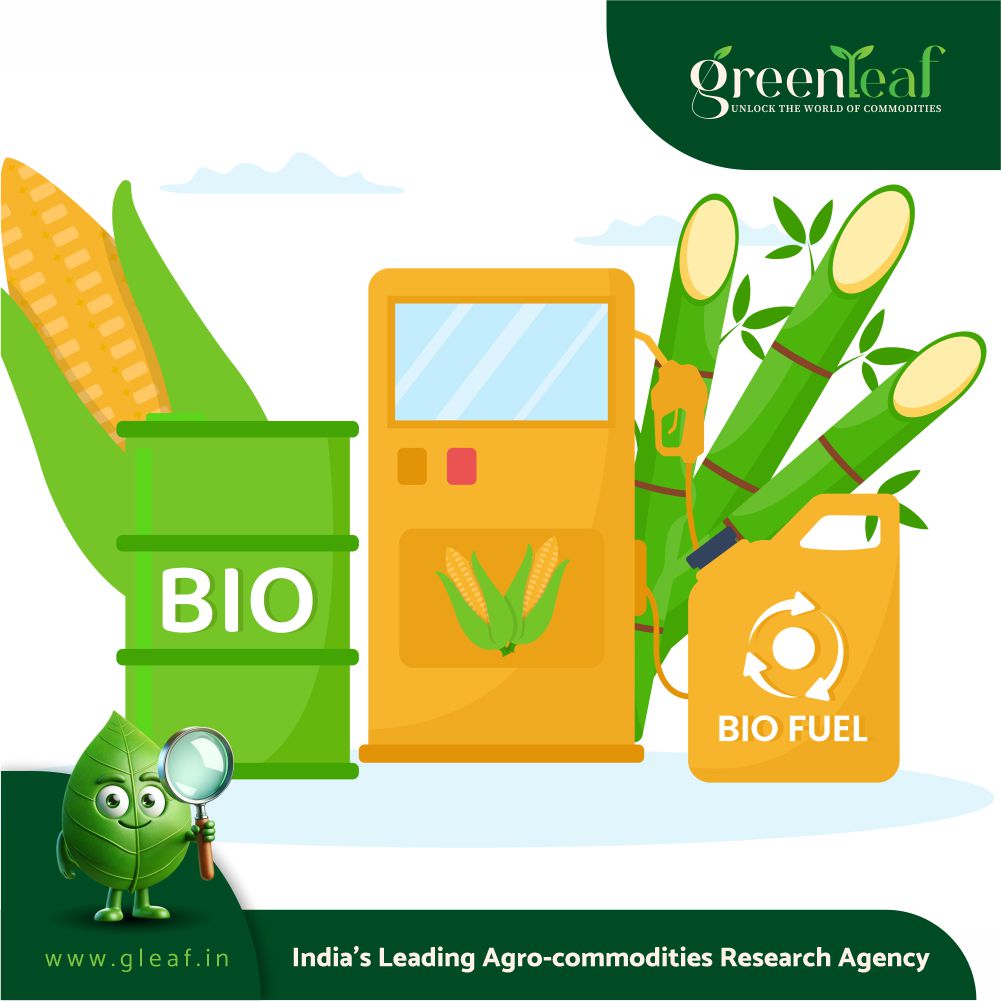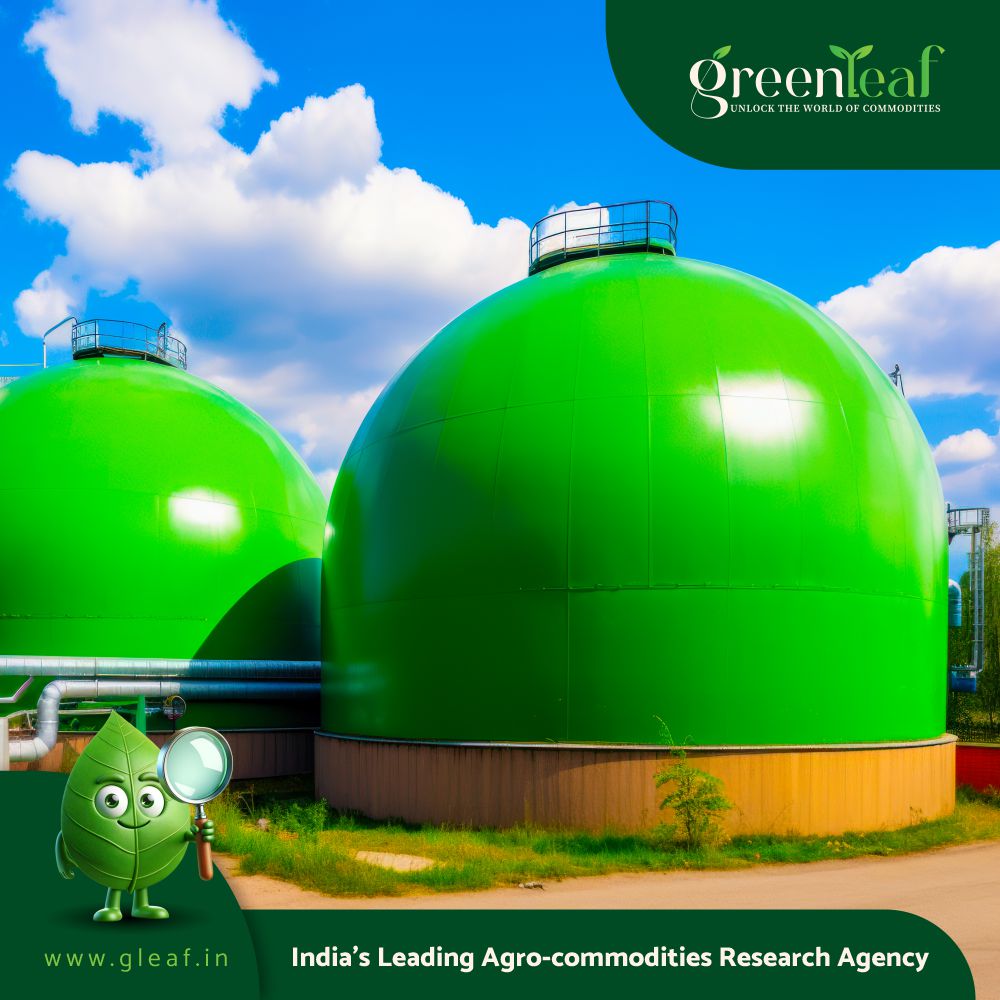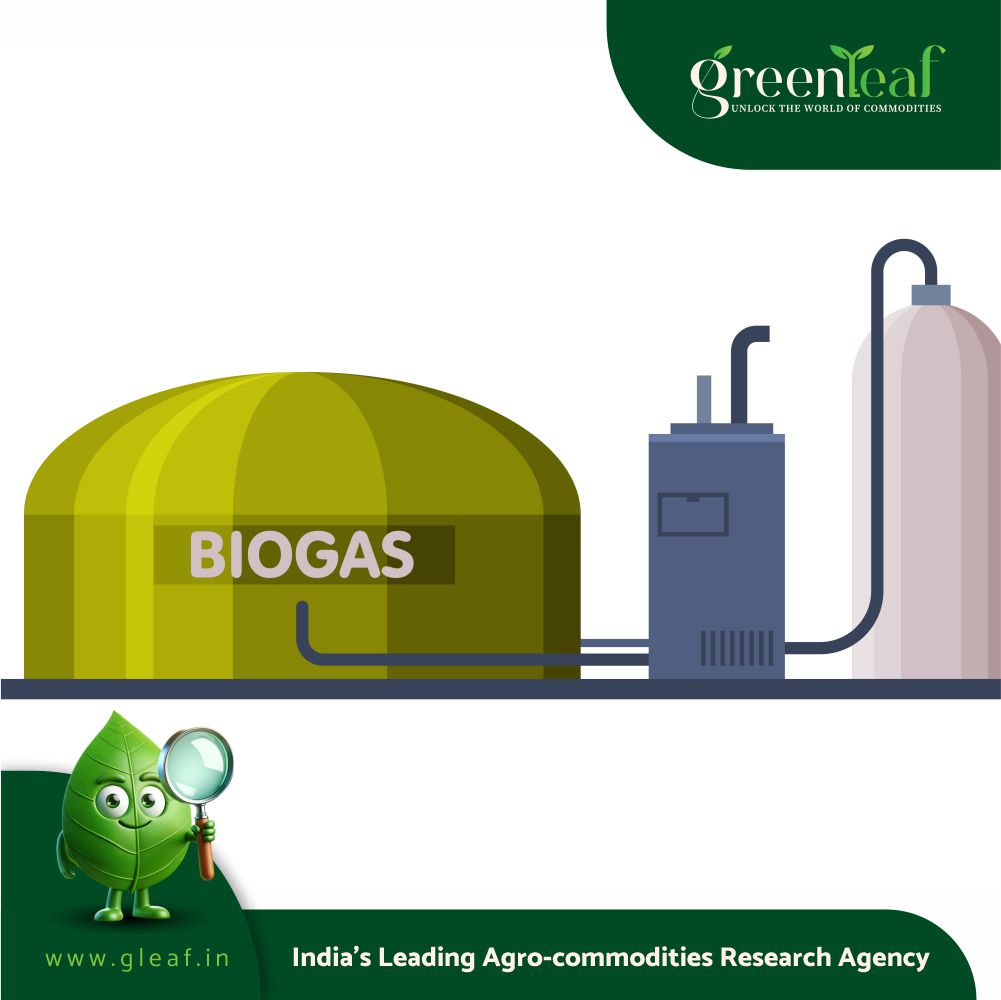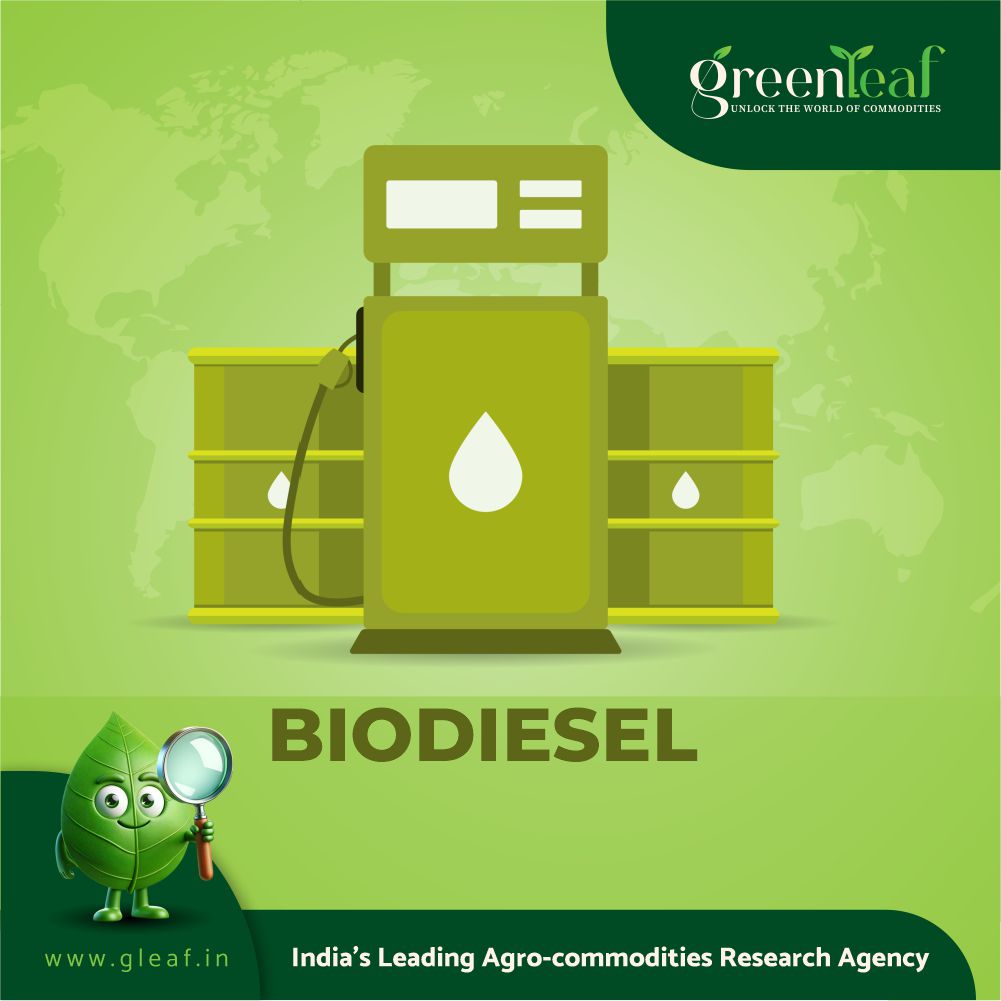India’s biofuel journey took off after the National Biofuel Policy of 2018, which introduced programmes like ethanol blending with petrol (EBP). Nirani pointed out, “We achieved a 2030 target by 2025, thanks to a beautifully laid policy and assured offtake guarantees.”
While ethanol has seen rapid progress, other segments such as bio-CNG, sustainable aviation fuel (SAF), and green hydrogen offer significant growth potential. “SAF is a humongous opportunity for us to scale up. India can move from being a net energy importer to a gross exporter of fuel,” he said.
Nirani added, “We can export to countries like the GCC countries, let us say countries like Singapore, Japan who have less land mass, even the European Union as well. Green hydrogen is another story. All of these are phenomenal opportunities. So, biofuels are not just ethanol, it is the first focus area that we've begun our story on. It's a whole universe in itself.”
Feedstock availability remains key to scaling up. First-generation biofuels depend on food-based inputs like sugarcane or maize, but second-generation (2G) fuels — made from agri residue, municipal waste, or industrial carbon capture — offer lower costs and greater scalability. “Using 2G sources, we can produce an additional 3,800 crore litres of ethanol,” Nirani explained, which could cut diesel consumption by a third.
TruAlt is tapping this potential through partnerships, including a joint venture with GAIL for 10 Compressed Bio Gas (CBG) plants and another with Japan’s Sumitomo Corporation for five large-scale facilities. The company also plans one of India’s largest SAF plants.
Looking ahead, Nirani emphasised, “We genuinely have to play our cards right. Energy is going to be a place where we succeed tremendously.”















